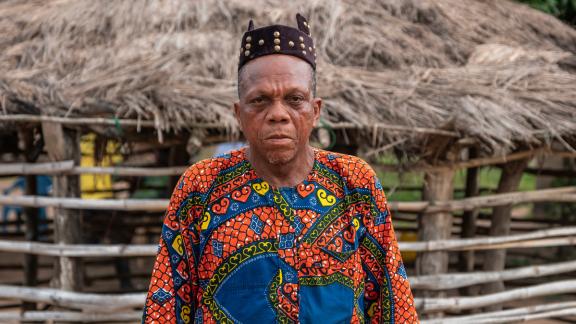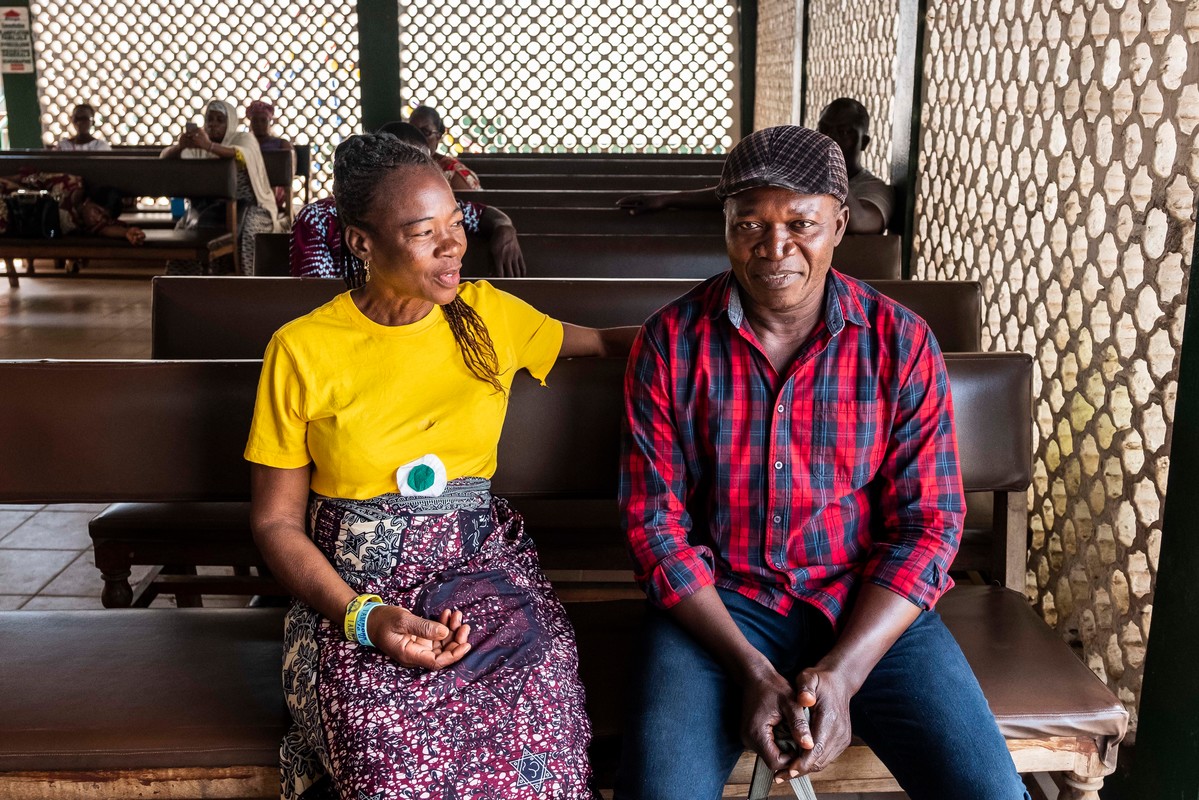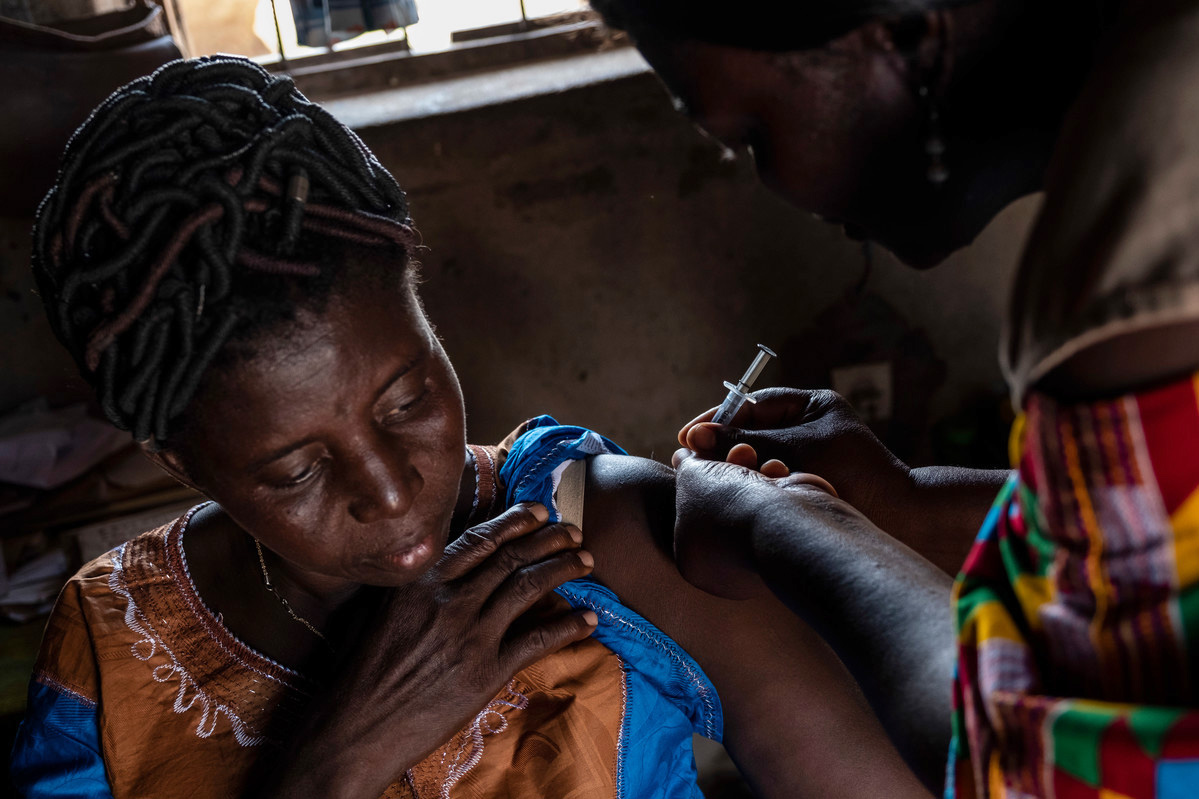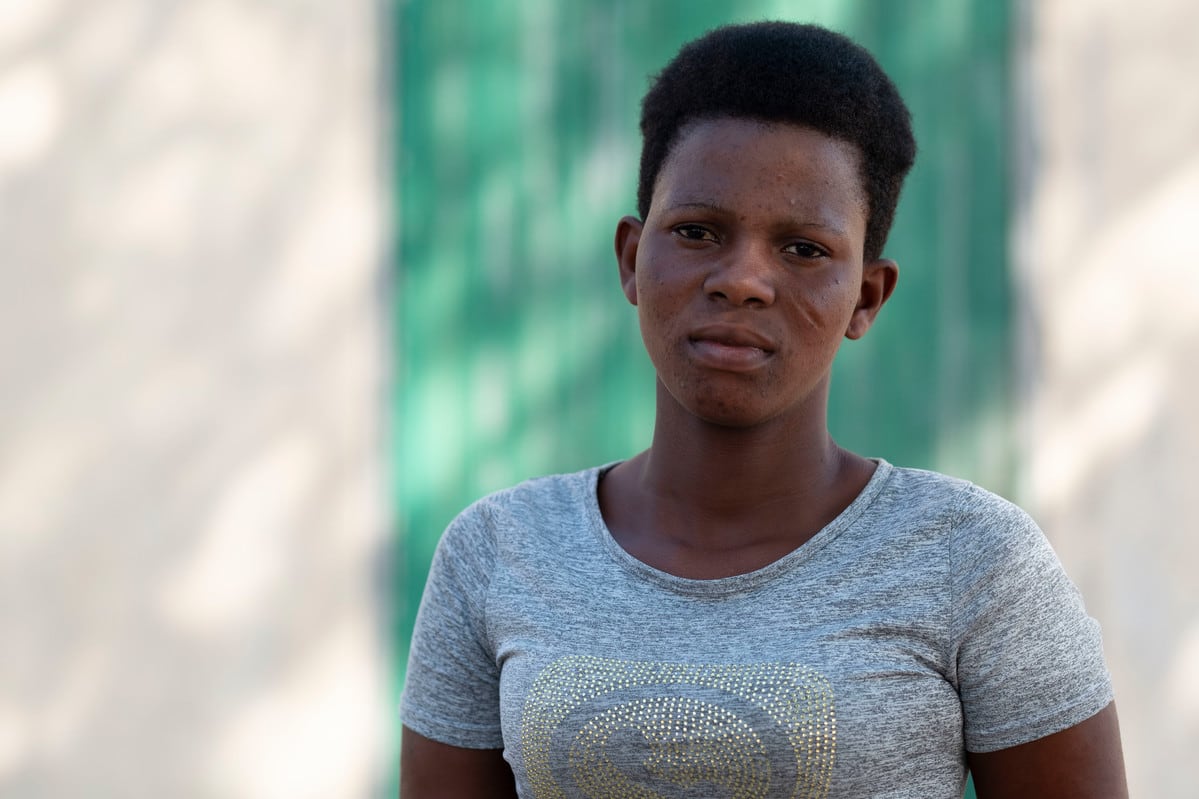Komi Agnimavo Amazoun becomes visibly angry when he recalls the phone call telling him a 16-year-old girl was to be married off from his village in central Togo. As the highly respected village chief of Detokpo, a community of a few hundred people, Amazoun had the final say on the union, which later turned out to be the result of an attempted cover-up of a rape.
Forced early marriage
“I saw that she was being married off too young. The parents came to see me and I said she was not the right age,” the usually softly spoken elder said. “She didn’t yet have an education or a job” and says the girl is now 18 and has started an apprenticeship in tailoring. Such successful interventions by village chiefs in ending forced early marriage reflects the crucial importance of their involvement in sexual health strategies in the country especially in rural areas.
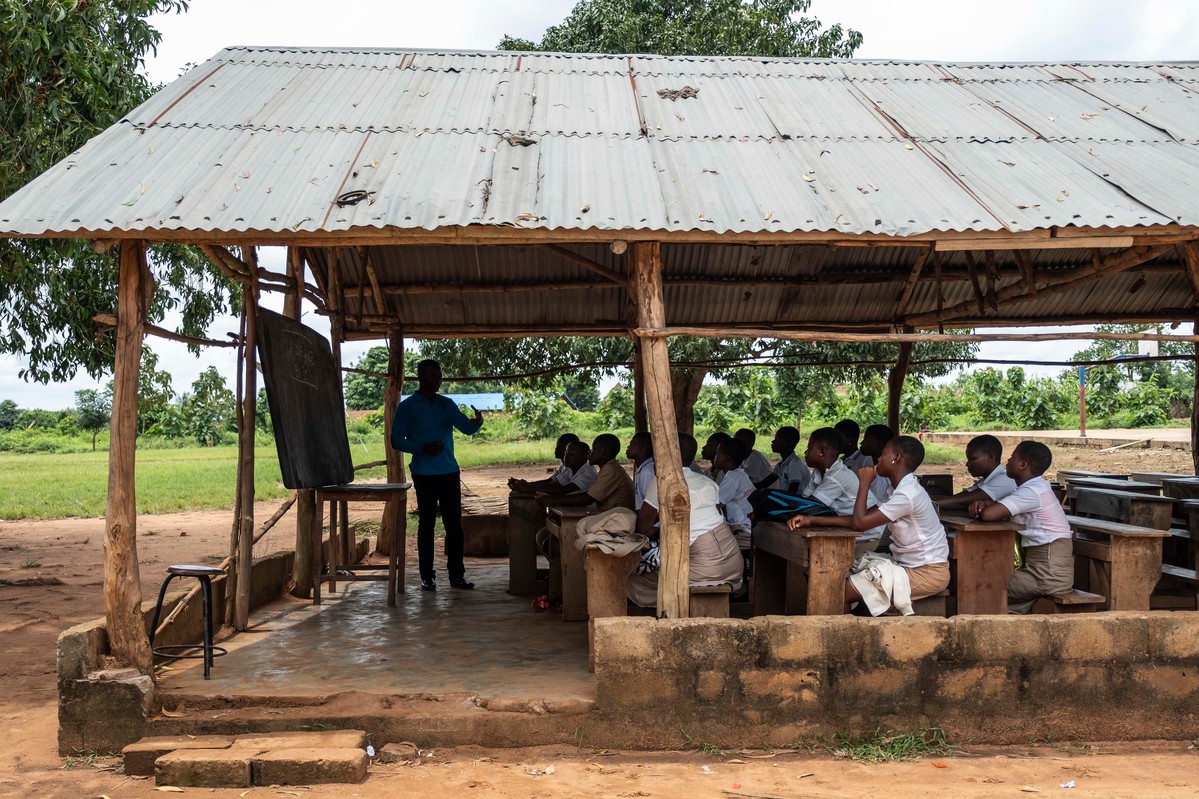
Detakpo is one of 870 villages which have signed Village Girl Protection Charters to stop forced transactional sex in rural communities, in an initiative promoted by the Association Togolaise Pour le Bien-Être Familial (ATBEF).
The charters outline prevention measures and rules in line with Togolese law to stop the rape and exploitation of underage girls, who are particularly vulnerable outside urban areas where professional advice and protection are more easily reached.
Working with parents
Amazoun has also received training from ATBEF on the law, which bans marriage under 18 without parental consent, and on the use of contraception to prevent underage pregnancy.
“We have started to raise awareness in the village so that similar cases won’t be repeated,” Amazoun said, sitting on a plastic chair outside his home. “I wanted to work with the parents so we can stop marrying off these girls too young,” he adds. Although the official rate of marriage under 18 in Togo stands at 22%, according to UNICEF, the true rate is likely much higher, as many weddings are village ceremonies that are never registered with the authorities.
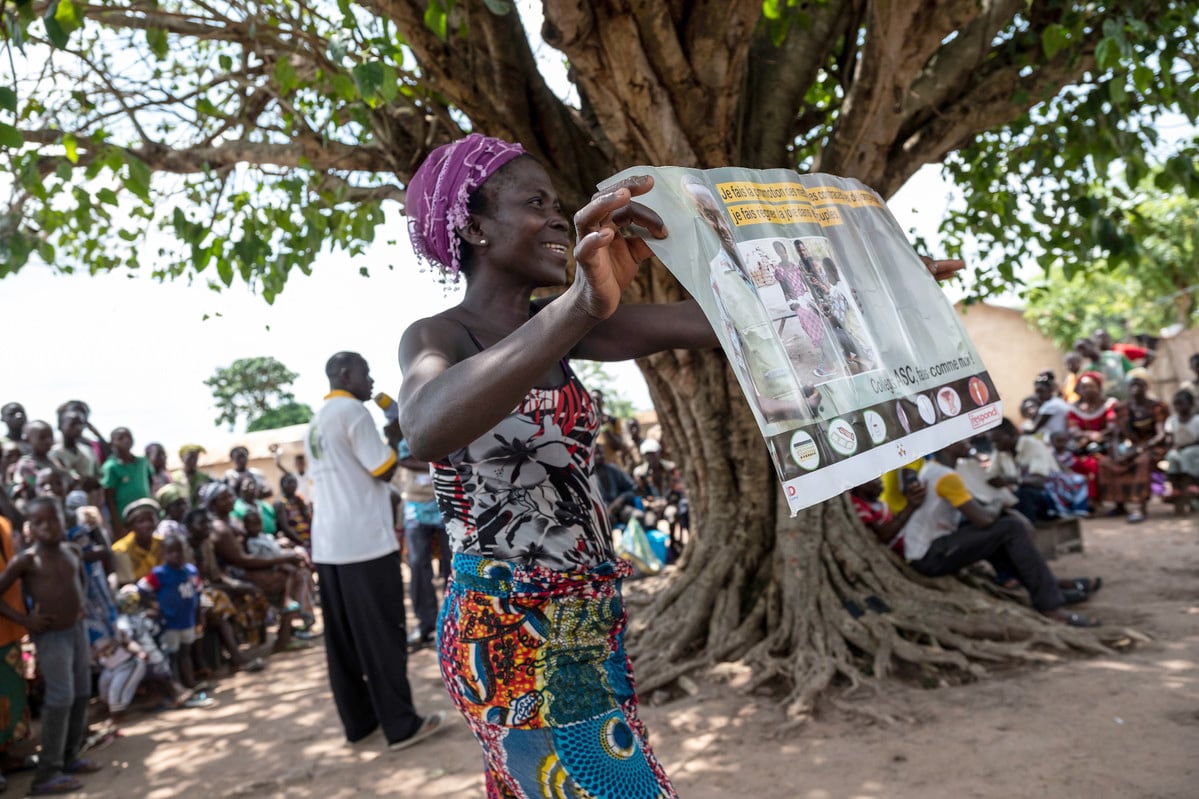
“This is a very traditional place with entrenched customs. The problem of sexual violence runs very deep, which means that we have cases upon cases to deal with,” explained Dopo Kakadji, the Director for Social Action in Haho Prefecture.
Kakadji oversees sexual violence cases and child protection in the area, mediating disputes over marriage and providing a link between communities and the police when necessary.
The future is looking promising
In many households, he said, “the woman cannot make decisions for herself. She is an object that can be used as one likes. A father can exchange a daughter to resolve problems or for money”.
However, his interventions, and the creation of youth clubs to inform children of their rights, has seen families increasing willing to denounce rapists publicly.
“Today girls go to school. Things have changed in the last five years, because before the priority was to marry off daughters as soon as possible,” Kakadji noted.
Photography by Xaume Olleros for IPPF
when
Subject
Contraception, Comprehensive Sex Education
Related Member Association
Association Togolaise pour le Bien-Etre Familial







